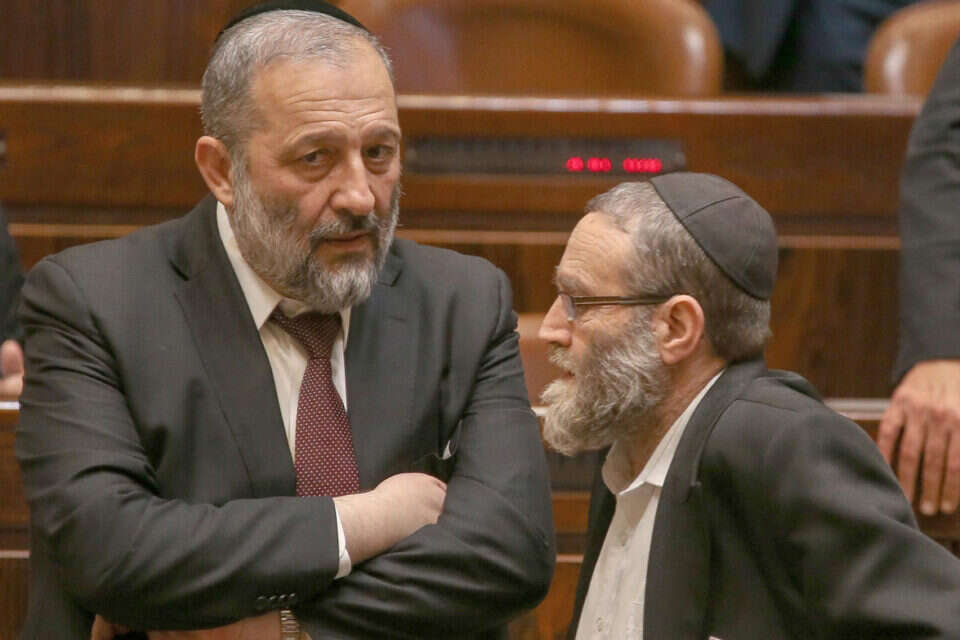Over the years the elected officials enacted several laws, which on the one hand prohibited gender segregation and on the other allowed it in certain cases.
Thus, for example, the Student Rights Law prohibits discrimination on the basis of gender, but allows gender segregation for religious reasons.
Furthermore, the Law on Equal Opportunities at Work also prohibits discrimination in hiring, unless it is required by the nature of the job.
This is also the case in the Law on Prohibition of Discrimination in Products and Services, which prohibits gender discrimination unless its absence would prevent a certain public from accessing the product or service.
This is also the main section in which the legislator referred to the adaptation of the public sphere to the ultra-Orthodox position, which advocates gender separation, and in fact permitted it under certain conditions for this particular public.
Pashkevilles calling for gender segregation on buses in Mea Shearim, Jerusalem (archive), photo: Lior Mizrahi
Since 2010, many petitions have been submitted to the High Court of Justice and civil lawsuits against entities and companies, alleging violation of the law and violation of the value of equality, derived from the Basic Law on Human Dignity and Freedom. The court prohibited, among other things, segregation on the street in Mea Shearim, segregation in public transportation, modesty signs in Beit Shemesh, and seating on El planes on by gender.
Later, the court accepted a class action against the ultra-orthodox radio Kol Barama, which did not broadcast women.
In the latest ruling on the matter, the High Court of Justice allowed the existence of separate study tracks at the academy for ultra-Orthodox, but to allow the lecturers to teach there.
The ombudsman's office is also required to address the issue. Thus, for example, deputy ombudsman Dina Zilber forbade the Nature and Parks Authority to hold separate bathing hours, and ordered the Rahat municipality to hold mixed swimming hours in the pool.
The judgments and decisions of the ombudsman were attacked on the grounds that the measures do not properly balance the prohibition of gender discrimination against the justifications and permits in the law, meaning that they make it difficult for the ultra-orthodox public to maintain their lifestyles.
It is still not clear what the bill of the ultra-Orthodox and Jewish parties entails.
If one is indeed submitted, it too will most likely be tested at the High Court.
were we wrong
We will fix it!
If you found an error in the article, we would appreciate it if you shared it with us

